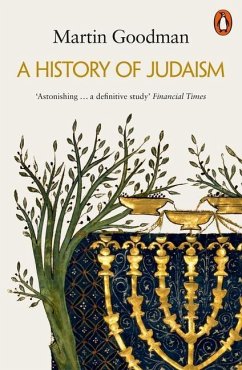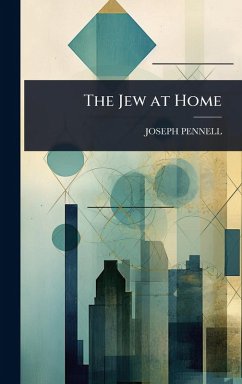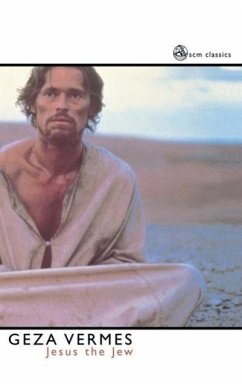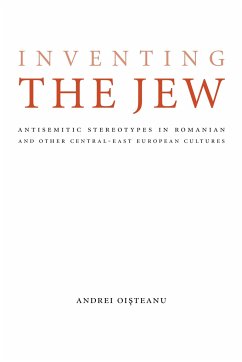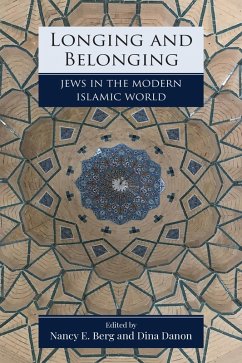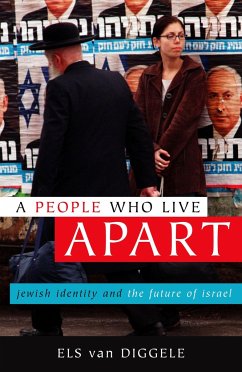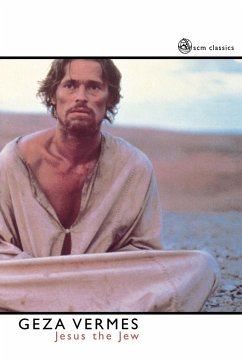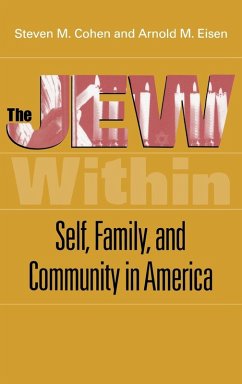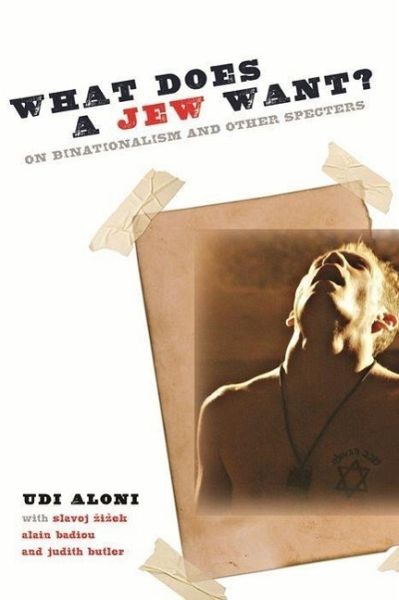
What Does a Jew Want?
On Binationalism and Other Specters

PAYBACK Punkte
10 °P sammeln!
In the hopes of promoting justice, peace, and solidarity for and with the Palestinian people, Udi Aloni joins with Slavoj Zizek, Alain Badiou, and Judith Butler to confront the core issues of the Israeli-Palestinian conflict. Their bold question: Will a new generation of Israelis and Palestinians dare to walk together toward a joint Israel-Palestine? Through a collage of meditation, interview, diary, and essay, Aloni and his interlocutors present a personal, intellectual, and altogether provocative account rich with the insights of philosophy and critical theory. They ultimately foresee the em...
In the hopes of promoting justice, peace, and solidarity for and with the Palestinian people, Udi Aloni joins with Slavoj Zizek, Alain Badiou, and Judith Butler to confront the core issues of the Israeli-Palestinian conflict. Their bold question: Will a new generation of Israelis and Palestinians dare to walk together toward a joint Israel-Palestine? Through a collage of meditation, interview, diary, and essay, Aloni and his interlocutors present a personal, intellectual, and altogether provocative account rich with the insights of philosophy and critical theory. They ultimately foresee the emergence of a binational Israeli-Palestinian state, incorporating the work of Walter Benjamin, Edward Said, and Jewish theology to recast the conflict in secular theological terms.




